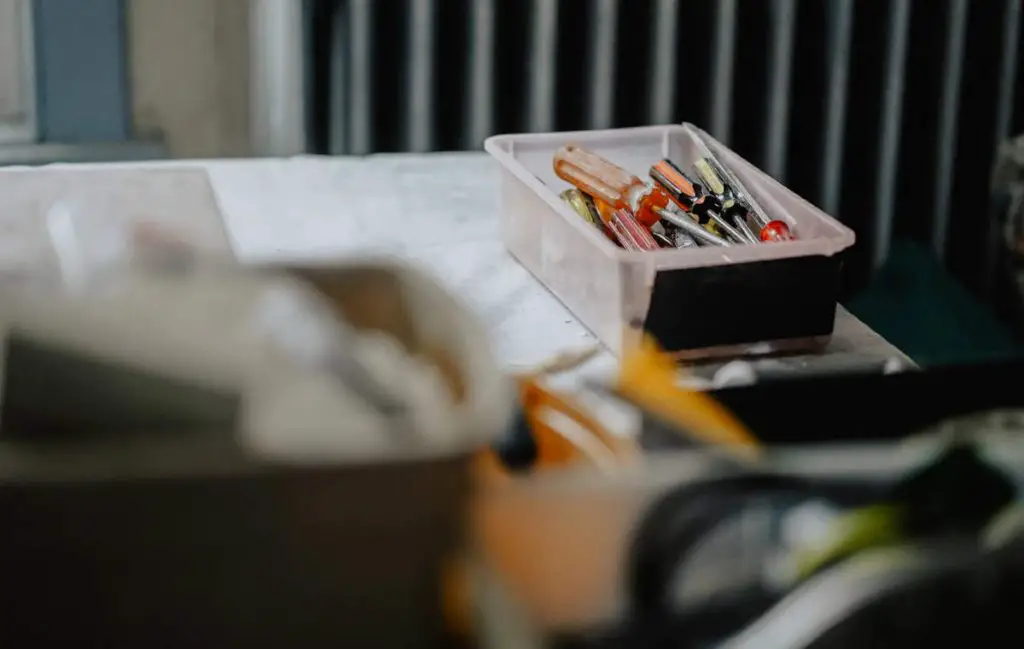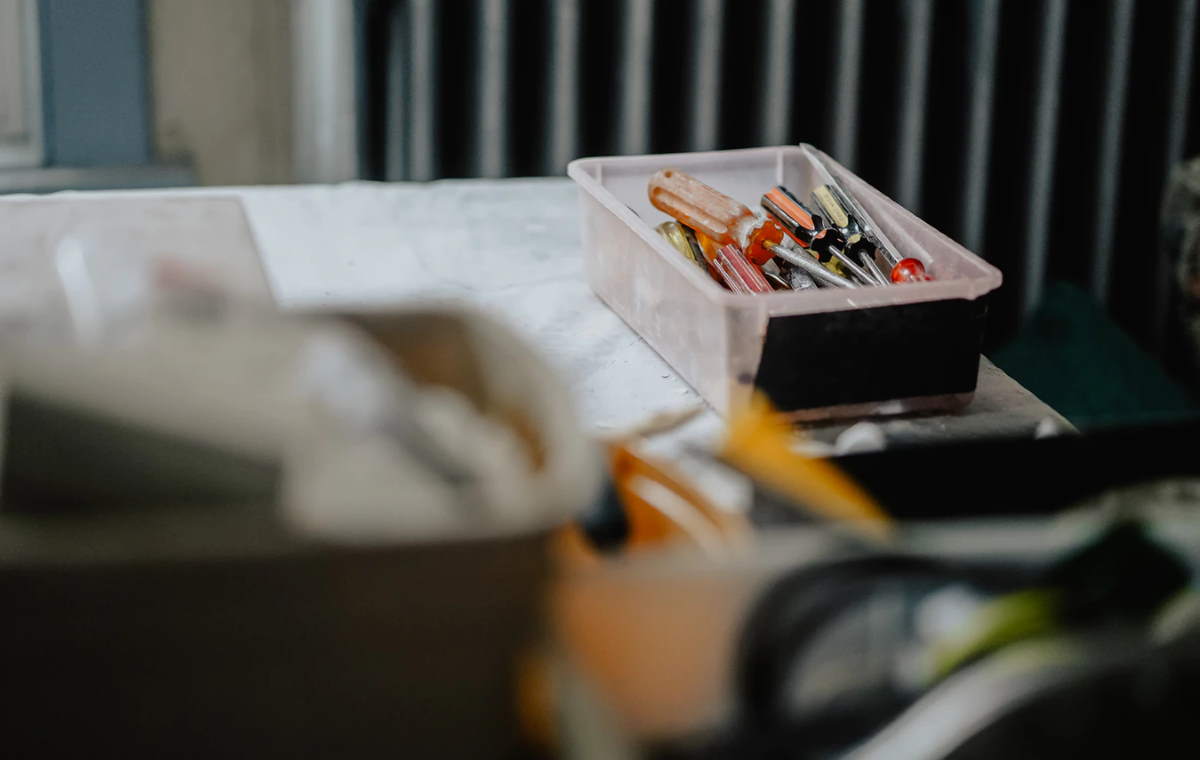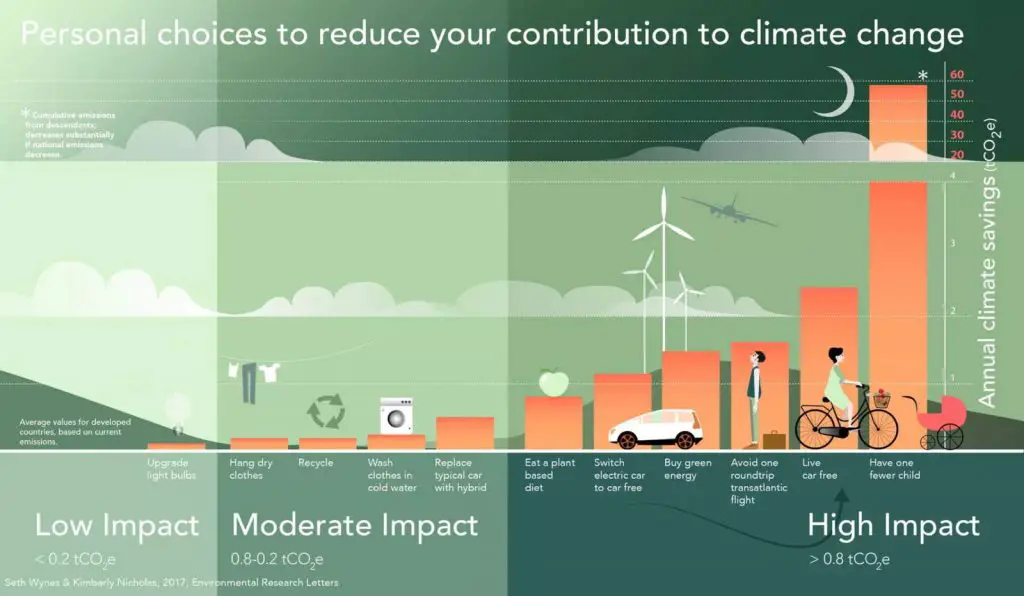When we think “home maintenance,” we often dread the tedious work and costly repairs that come with these tasks. There are many times when we have old things in our homes, and some of these can cause major problems down the line. We often look at these things and end up deciding to scrap it all and get something new instead. When it comes to items like refrigerators or furnaces, some objects are just too far in disrepair to save.
However, there are ways you can prolong the life of these items before they’re too far gone and we can even upgrade our homes to be more efficient than we ever imagined. This can ultimately save you money and keep bulky items out of landfills. These tips can help you get on track to saving your time, money, and the planet.

Check Your Furnace
When the weather outside is frightful, the last thing you want during the colder months is to find yourself caught with a second-rate heating system. While there are things you can do to maintain your furnace, such as checking the filter and getting it regularly serviced, sometimes the best thing is to simply replace it. This is especially the case if you find yourself calling for repairs more than usual or if you notice your energy bills are starting to spike.
Really, the main reason you should get a new furnace is that it is running inefficiently. Not only will the waste of energy cost you more money in the long run, but it’s also bad for the environment.
Seal Spaces and Leaks
There’s nothing quite as annoying as an unwanted draft, and the last thing you want is for the warm air you pay for to slip through the cracks in your home. Inspect your windows, panes, doors, and baseboards for any holes and seal or caulk as needed. Try installing weatherstripping around your doors or sealing your windows during the chilly winter months. This is also a terrific opportunity to have your insulation checked, both in your walls and around your vents.
Don’t forget to check our garage and be sure to keep your ceilings insulated if your home is more than one level. Aside from air leaks, be sure to inspect for water leaks as well. Leaky pipes and faucets seem like a minor problem, but they can lead to big issues. Not only do the leaks waste water and money, but water damage can lead to costly repairs that could even damage your home’s structural integrity.
Harvest Rainwater
Collecting rainwater is a surprising way to use nature to your advantage. While it’s not always a safe bet to drink the water you collect, it can still be used to water plants or even to fill toilets. You can also use it to clean with, especially when it comes to tasks like washing your vehicles. This can reduce your water bill and keep you from wasting gallons of water from the tap.
Upgrade Your Windows
Making sure that your windows are efficient is a vital part of energy conservation, but it’s not just the glass that you should be worried about. Even the frame can play a significant role. For example, wood frames offer better insulation thanks to their prevention of temperature transfer. And while it’s now considered standard for windows to be double-paned, check to make sure if you’re updating an older home.
Not quite ready to upgrade the whole window? Start small with energy-saving window treatments. Blackout shades are great for keeping all the light out, which can lead to valuable savings on energy. Honeycomb shades are another option that not only blocks out light but also offers superior insulation for temperate management.
Don’t Buy, Recharge
If you’re seeking a small but effective way to save money while benefiting the planet, look no further than switching to rechargeable batteries. Typical batteries are made from harmful chemicals like alkaline or lithium. Unfortunately, this means they generally can’t be recycled, but rechargeable batteries can be used hundreds of times. They also tend to run more efficiently, which means they’ll use less energy and cost you less coin over time.
Save Water
Converting to a low-volume toilet can save you money in an unexpected way. It’s also a great idea to change your faucets to more eco-friendly, low-flow options. Installing an aerator to the ends of your faucets or swap out your showerhead is a very water-conscious choice. These options are designed to maximize the water that flows through, so you can save on energy without skimping on water pressure.
If you’re looking to make an even bigger change, consider swapping over to a tankless water heater. They do have a higher upfront cost to install, but they can save you money in the long run and offer the benefit of endless hot water.
Get Smart
If you’re already using a smartphone, why not upgrade your home as well? Turning your home into a smart home is a fantastic way to stay in control of your energy uses, and it’s now easier to make the switch than ever before. Instead of running your heater or air conditioner all day, you can control when you want the temperature to be at your comfort level. And you can use smart plugs to shut off power to devices that aren’t in use, so they aren’t taking up any residual energy.
In fact, some smart home systems link up with your smartphone and can use its GPS to adjust its settings based on when you’re heading home. And the wonderful thing about smart home systems is that they are designed to conserve energy use and operate with maximum efficiency.
Rethink Your Yard
There are plenty of ways to make your yard more environmentally-conscious that don’t include artificial grass. For one, consider using bugs like ladybugs instead of pesticides. They are natural aphid killers and can typically be easily found in the garden section of home improvement stores. It’s also a wise idea to keep the plants in your yard close to what tends to grow natively. This will help you save on watering efforts and keep upkeep to a minimum.
Better yet, test out your green thumb by growing a few of your own vegetables. Squash, spinach, and carrots are some of the easiest options. Growing your own food is surprisingly easy, and this hobby will help you conserve in more than one way.
- How Home Maintenance Helps You Conserve - October 27, 2020
- 13 Ways You Can Save the Planet from Home - June 23, 2020
- Sustainability After Death? 5 Eco-Friendly Burial Methods - February 20, 2020

